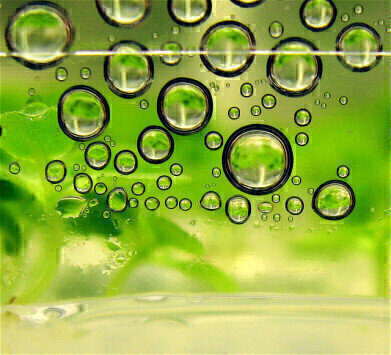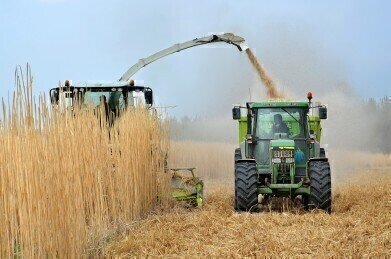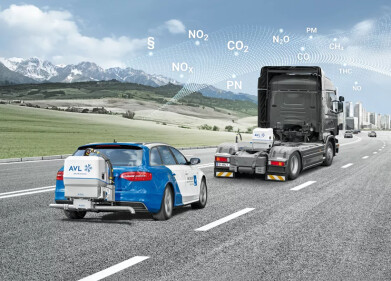Air Monitoring
How Much Greenhouse Gas Do Biofuels Produce?
Jan 09 2015
How do we fuel our modern lives without harming our planet? The great energy debate shows no sign of slowing - and with more and more options available, scientists are continually making new discoveries about what works, and what doesn’t. So what about biofuels? Do they actually contribute a net benefit to the environment? Or does the entire process emit more greenhouse gas than it saves?
The discussion around biofuels is ongoing. On one side of the coin is the argument that biofuels are no better than fossil fuels - and potentially even worse. Why? Because the process of growing biofuels emits greenhouse gas. And some argue that using cropland for biofuels will force farmers to cut down trees to create more usable land - therefore harming the environment further. But how much of this is true?
There are both direct and indirect emissions to consider. How much gas is produced during the growth phase? And what about the other necessary stages - including harvesting and transportation?
The question of direct emissions
To address the question of emissions during the growth of biofuels, a team of Texas-based scientists decided to find out more. Which biofuels are most environmentally friendly? Their research project captured the gas emitted by biocrops within chambers - allowing them to measure the percentage of greenhouses gases such as methane, carbon dioxide and nitrous oxide.
The study made some important findings - especially on the way crop management influences greenhouse gas emissions. The scientists found that crop rotation does not have a notable impact on harmful emissions. Instead, the biggest increase in carbon dioxide and nitrous oxide happened following a spell of rainfall, irrigation, and nitrogen fertilisation.
Dr. Joseph Storlien, who headed up the study, concluded that “Unfertilised, monoculture sorghum with half the yield returned to the field to provide nutrients and organic matter had the greatest overall biofuel production efficiency based on net greenhouse gas emissions savings.” But he conceded that the answer is not so clear cut as ‘avoid nitrogen fertiliser’. There is a fine line to tread, because some practices - including fertilisation - are necessary to maintain long-term yields.
And what about the indirect effects?
So what about the likelihood of biofuels forcing farmers into deforestation? Studies have shown that there is no direct correlation between the growth of biofuels and a change in the use of land - mainly because there are many factors that can influence such decisions.
The questions surrounding biofuels - especially regarding the production of greenhouse gases - are likely to continue resurfacing. But this is a good thing, because it encourages more studies that will give us a better picture of which crops are most suitable, and how we should be managing the production and use of these biofuels.
Digital Edition
IET 34.2 March 2024
April 2024
Gas Detection - Biogas batch fermentation system for laboratory use with automatic gas analysis in real time Water/Wastewater - Upcycling sensors for sustainable nature management - Prist...
View all digital editions
Events
Apr 30 2024 Melbourne, Australia
Apr 30 2024 Birmingham, UK
May 03 2024 Seoul, South Korea
May 05 2024 Seville, Spain
May 06 2024 Minneapolis, MN, USA



















